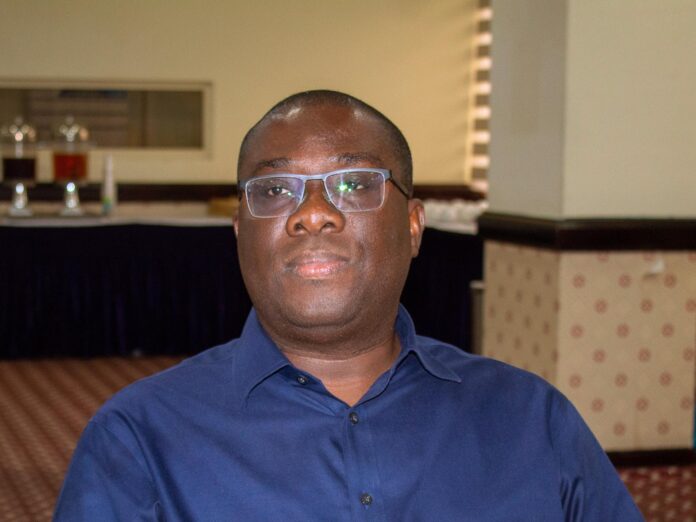The Minority Caucus in Parliament has called on the Parliamentary Press Corps (PPC) to adopt a more balanced, fair, and accurate reporting to help restore public confidence and trust in the legislative arm of government.
Delivering an address on behalf of the Minority Leader, Mr. Alexander Afenyo-Markin, at a two-day capacity-building workshop for the Press Corps in Accra on Sunday, July 13, the Member of Parliament for Akuapem North, Mr. Sammy Awuku, underscored the critical role of the media in shaping perceptions about Parliament.
He described both Parliament and the media as two pillars of Ghana’s democracy and stressed the importance of forging a stronger partnership between the two institutions to promote transparency, accountability, and democratic growth.
“In the eyes of the public, Parliament is sometimes noisy, combative, or unproductive—but everything they see is based on what the media reports. The soundbites, the silence, and even the optics in pictures go a long way to shape public perceptions and national discourse,” Mr. Awuku stated.
According to the Akuapem North legislator, while dramatic scenes in the chamber often dominate headlines, critical work undertaken by committees and MPs in their constituencies receives far less attention.
“Parliament works extensively through committees – oversight, brainstorming, and policy refinement happen daily, even outside the Chamber, in hotels, regional offices, and public forums. Yet, much of this goes unreported,” he said.
He urged members of the Parliamentary Press Corps to shift focus toward bipartisan cooperation, constituency-level interventions, and the untold humanitarian contributions of Members of Parliament.
“Let us humanise the work of MPs. Sometimes, we go beyond our mandate to offer support to our constituents. These efforts deserve to be documented,” he noted. He also called on journalists to help simplify complex government policies and explain parliamentary procedures to the public in relatable terms.
Commending the Corps for their creative use of graphics and digital platforms in communicating complex legislative matters, such as quorum, Mr. Awuku encouraged continued innovation in parliamentary reporting.
He further advocated for the establishment of a structured framework for engagement between Parliament and the media, including joint training and feedback sessions.
“We must learn from each other. Your critiques and the insights you gather on the ground are crucial in helping MPs improve their work. An informed public is an empowered public,” he added.
On ethical reporting, the MP appealed to journalists to exercise discretion when MPs engage in private discussions, especially outside formal settings. He acknowledged the need for openness and access but emphasised that such privileges come with responsibility.
“Openness must not compromise privacy. Let us maintain mutual respect, even as we continue to hold each other to account,” he said.
Mr. Awuku also condemned recent attacks on journalists and called for stronger protection of press freedoms, describing media repression as a blight on Ghana’s democratic image.
He reaffirmed the Minority’s unwavering commitment to fairness, grassroots advocacy, and transparency, adding that Parliament can only renew its bond with the public if the media commits to balanced, fact-based journalism.


